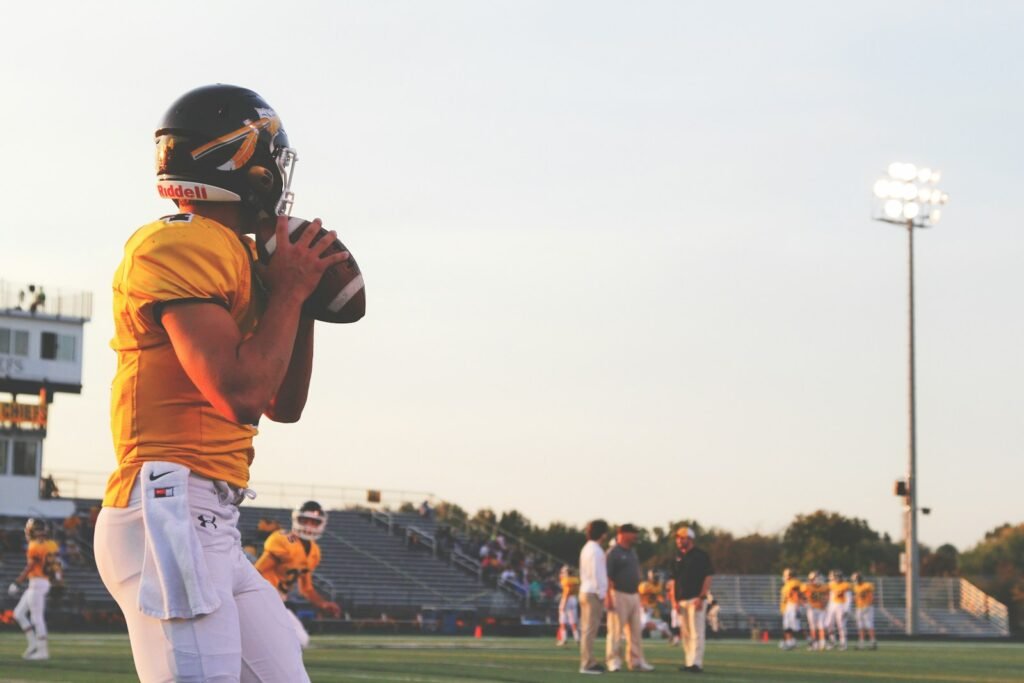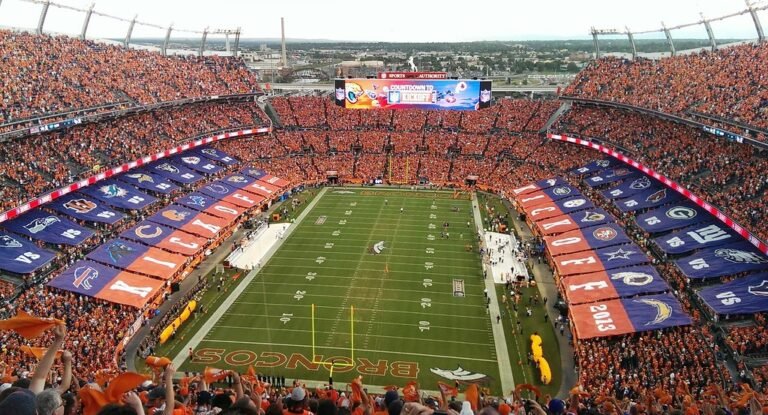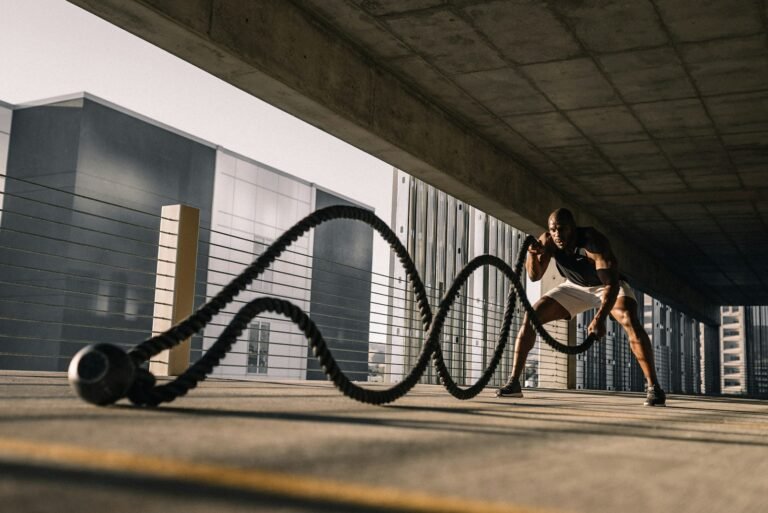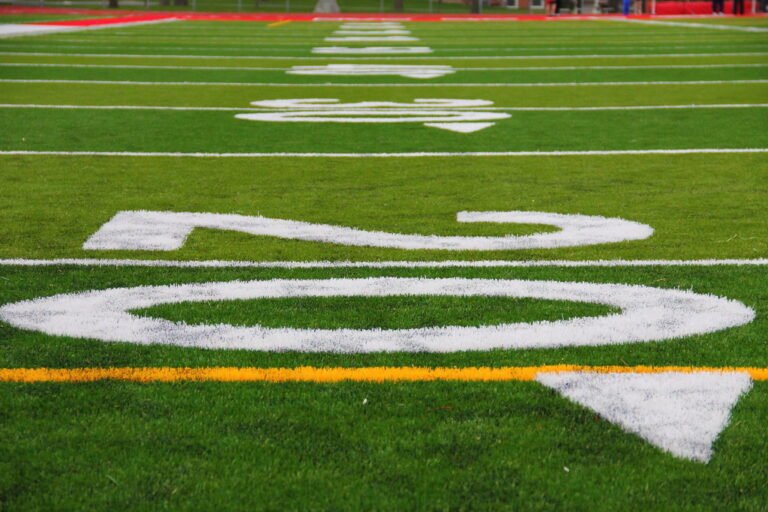
(Source : Bloomberg) University quarterback Diego Pavia has filed a lawsuit against the NCAA, challenging the organization’s rules governing the eligibility of athletes who transfer from junior colleges to Division I schools. Pavia claims the NCAA’s current bylaws are anticompetitive and disadvantageous to junior college athletes, especially in terms of their eligibility and opportunities to earn money through name, image, and likeness (NIL) rights.
Bloomberg said the lawsuit, filed Friday in the U.S. District Court for the Middle District of Tennessee, argues that the NCAA’s rules unfairly limit the number of years former junior college athletes can participate in NCAA Division I football. Specifically, Pavia contests the “five-year rule,” which starts an athlete’s eligibility clock the moment they register as a full-time student, even if they previously attended a junior college. The rule restricts the amount of time a student-athlete has to play in intercollegiate competition after transferring to a Division I school.
In Pavia’s case, he played for two years at a junior college and then transferred to New Mexico State before ultimately moving to Vanderbilt. The lawsuit claims the five-year eligibility clock unfairly shortens the time junior college transfers can play at the Division I level, making it more difficult for them to maximize their playing career and NIL earnings potential.
“The current rule effectively penalizes junior college athletes by starting the eligibility clock before they even step foot on an NCAA campus,” Pavia said in the lawsuit. “This not only limits the time available to play but also restricts their ability to capitalize on NIL opportunities and to finish their education on their terms.”
Pavia is seeking injunctive relief, asking the court to compel the NCAA to revise its bylaws and allow junior college transfers to start their eligibility clock only when they first register at an NCAA member institution. He also suggests that the definition of intercollegiate competition be amended to account for athletes entering NCAA programs from junior colleges.
This lawsuit is part of a broader wave of legal challenges against the NCAA since the 2021 Supreme Court ruling that allowed college athletes to be compensated for their NIL. Pavia’s case echoes the ongoing debates about fairness and opportunity for college athletes, especially those from non-traditional routes like junior colleges.
In a statement, the NCAA has not yet responded to the lawsuit. However, Pavia’s case is another in a series of antitrust lawsuits against the organization, with athletes and former athletes increasingly questioning NCAA rules that they argue limit their rights and opportunities.
Pavia is represented by the law firms Riley & Jacobson PLC and Texas Trial Group, with Ryan Downton of the latter firm serving as his lead counsel.
The case is filed as Pavia v. National Collegiate Athletic Association, U.S. District Court for the Middle District of Tennessee, Case No. 3:24-cv-01336.



